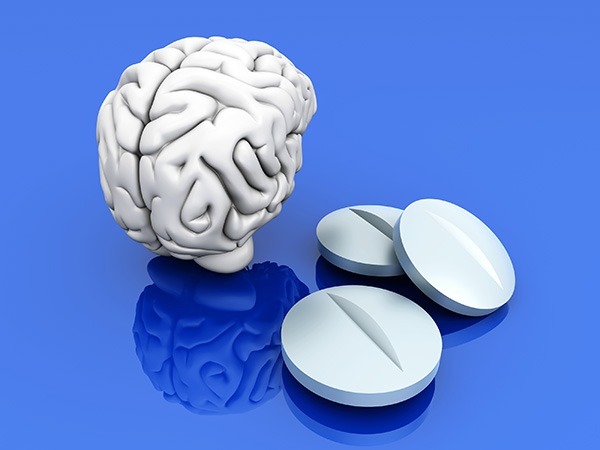Study finds mixed results of Adderall as cognitive enhancer (seems to boost emotion more than cognition)

Over the past 15 years there has been growing awareness that many college students without an ADHD diagnosis use ADHD drugs. On some campuses, rates of self-reported non-medical use have exceeded 30% of students.
The primary reason students report taking ADHD drugs is to enhance their academic performance. And, the strong majority of students — over 80% in a study I conducted — believe it is helpful for this purpose.
Furthermore, students who report problems with attention are more likely to report non-medical use than other students; this suggests that some self-medicate to address their perceived attention difficulties.
Nonmedical use of ADHD drugs creates complications for students with a prescription because they are frequently approached to sell or give away their meds. And, many college mental health centers that dispense other psychiatric medications do not dispense ADHD medication because they are concerned about diversion.
Despite students’ widely held belief that no-medical use of ADHD drugs improves their cognitive functioning and academic performance, to date there has been virtually no good data on this issue. I was thus pleased to see a recent study in the journal Pharmacy that directly examined this possibility: Neurocognitive, autonomic, and mood effects of Adderall: A pilot study of health college students.
The Study:
Participants were 13 healthy college students (i.e., college students without ADHD, other psychiatric conditions, or drug use history) who volunteered to complete 2 5.5 hour testing sessions after ingesting 30 mg of Adderall or a placebo.
Multiple aspects of neurocognitive functioning were measured including a computerized test of attention, working memory, reading fluency, and reading comprehension. In addition, students reported on their level of emotional activation to assess how they felt the drug had affected them.
Because this was a within-subjects design, the researchers compared students’ performance after ingesting the real drug vs. placebo; this provides for the most sensitive test of how Adderall affected students’ functioning.
To eliminate potential practice/order affects, half the students were tested first after Adderall and then after placebo, while for others, the order was reversed. Test sessions occurred at the same time each day to eliminate circadian effects.
The Findings:
Effects of Adderall on neurocognitive functioning were mixed. Overall, there were modest improvements on students’ attention skills but a significant worsening on a measure of working memory. There was no impact — either positive or negative — on reading performance.
In contrast to modest and inconsistent effects on neurocognitive functioning, there were large effects on emotional activation. While on Adderall, students felt ‘high’ relative to their report after taking placebo. There were also substantial effects on their report of positive emotional activation, i.e., they felt better.
Summary and implications:
The authors conclude that contrary to popular belief, Adderall had little impact on neurocognitive performance in healthy college students. This reflects the apparent adverse impact that Adderall had on students’ working memory and the lack of any positive impact on reading performance.
However, the findings also explain why students without ADHD would be motivated to use ADHD drugs. Adderall was found to improve students’ performance on a computerized attention test. Because some students may use ADHD meds to address their perceived attention difficulties, these results provide evidence of actual attention benefits.
And, other findings highlight that students simply felt more positive emotional activation after using ADHD drugs, another potential motivator.
Having said this, participants were screened to exclude any with psychiatric problems or drug use. Thus, it is possible that ADHD meds may provide greater benefits to students most likely to use them than they do to healthy college students.

– Dr. David Rabiner is a child clinical psychologist and Director of Undergraduate Studies in the Department of Psychology and Neuroscience at Duke University. He publishes the Attention Research Update, an online newsletter that helps parents, professionals, and educators keep up with the latest research on ADHD.
The Study in Context:
- Growing awareness of the opportunities and risks posed by pharmacological cognitive enhancement (aka “smart drugs”)
- Study finds combined pharma + non-pharma treatment most beneficial to help youth with ADHD address long-term academic difficulties
- What are cognitive abilities and how to boost them?
- 10 neurotechnologies about to transform brain enhancement and brain health
- Five reasons the future of brain enhancement is digital, pervasive and (hopefully) bright


